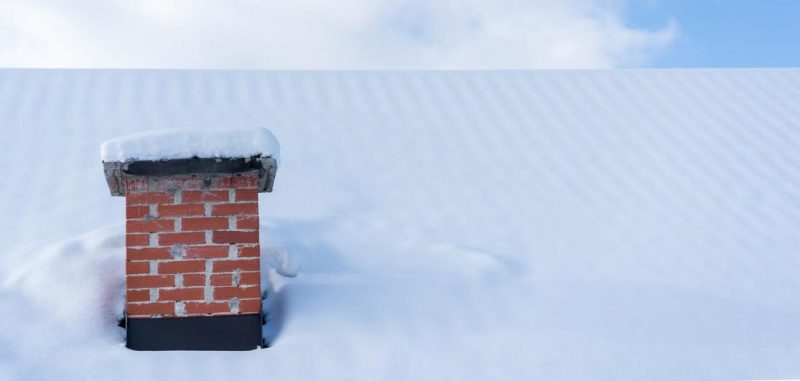A regular inspection of the chimney not only can ensure your fireplace is venting properly but also protect you against a house fire and carbon monoxide poisoning.
During the holidays, chimney businesses notice an uptick in service calls. These businesses use wire and nylon brushes to clean creosote buildup out of chimneys. Creosote, a byproduct from burning wood, is highly flammable and can increase the risk of a house fire if it’s not regularly cleaned out.
Also, a chimney inspection can help remove wildlife that may have taken up residence inside. Raccoons, squirrels, birds, and other pests can make a home in a chimney that isn’t capped or covered.
Chimney experts also warn of pyrolysis, another hazard from fireplaces. “That is when drywall, wood framing, paneling, cork ceiling tiles, and other organic materials located too close to a fireplace break down after prolonged exposure to heat,” The Wall Street Journal reports. “The material can ignite, even when there is no flame present.”
One sign of pyrolysis to look for: a dark stain on the wall or ceiling near the chimney. But there’s not always a warning sign, experts say.
Gas fireplaces need to be serviced as well. They may not be at risk of a creosote buildup, but they still need to be vented with the proper pipe and cleared of any obstructions, Russ Dimmitt, director of education with the Chimney Safety Institute of America, told the Journal.
A fireplace can also be inspected for any signs of leaks, mold, and staining. Fallen pieces can create blockages and lead to carbon monoxide risks.
About 19,800 residential fires occur each year in the U.S. from fireplaces, chimneys and chimney connectors, according to the Consumer Product Safety Commission.
In recent years, fewer homes are being built with fireplaces. Read more: Buyers Give Fireplaces the Cold Shoulder
Source: “What Does Santa Want for Christmas This Year? A Clean Chimney,” The Wall Street Journal (Dec. 19, 2019) [Log-in required.]













